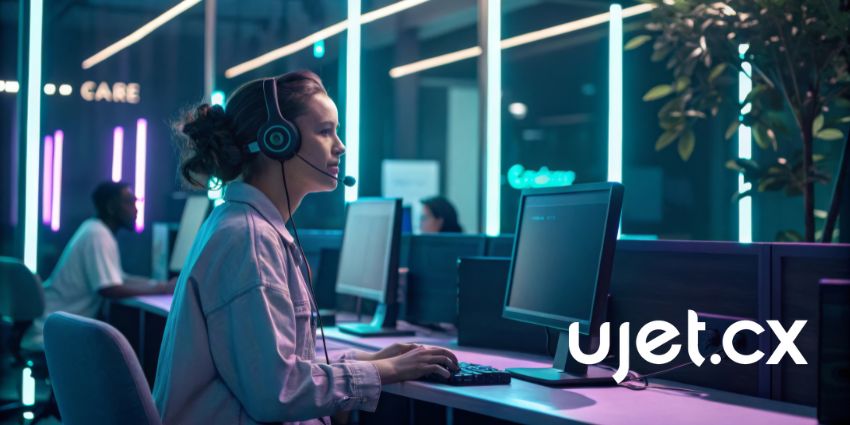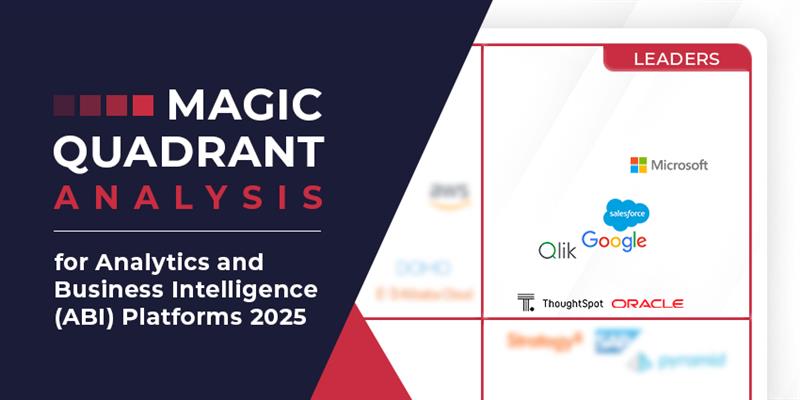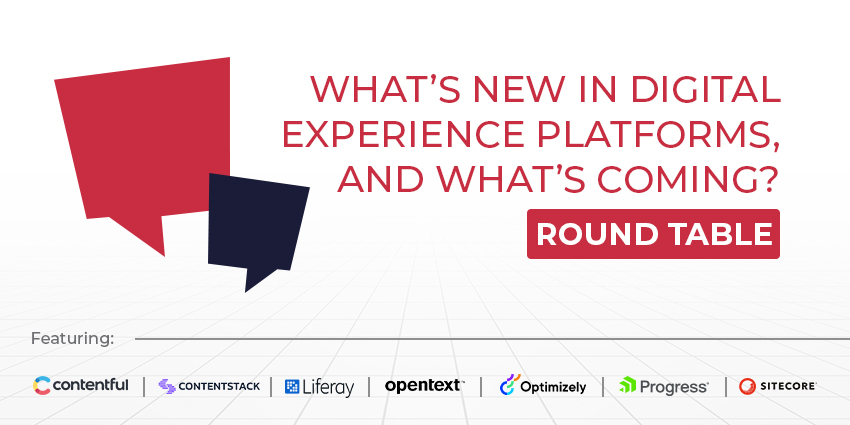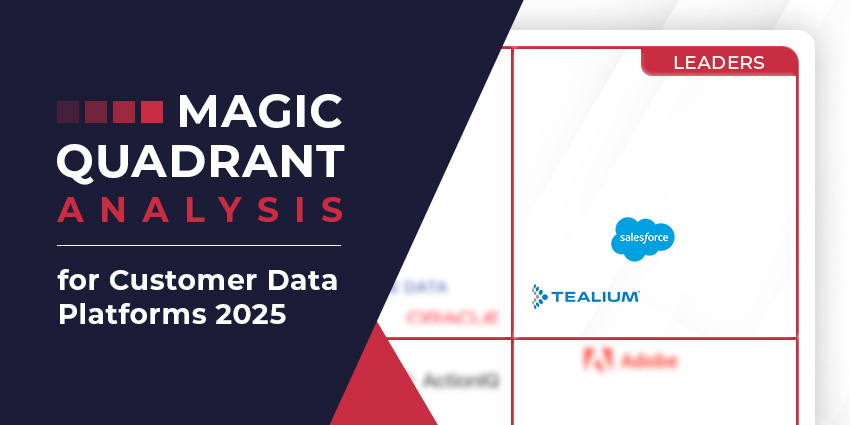Rumors that Microsoft will purchase a 49 percent stake in OpenAI – the parent company of ChatGPT – for $10BN are gaining momentum.
Most of the speculation revolves around how Microsoft may incorporate ChatGPT’s generative AI into Bing and attempt to usurp Google as the undisputed search engine king.
Some reports suggest this could happen in little more than two months.
Such a move may change the nature of how search engines answer queries and – more pressingly – how people uncover information.
That prospect is exciting, and – fortunately for Microsoft – it appears to have exclusivity in using ChatGPT for this purpose and developing other use cases.
These use cases may include infusing its other software with the technology, with lots of excitement over how it may improve Word, Excel, and Outlook.
Indeed, the internet has become full of jokes about the return of Clippy since the news broke.
Good-humored, perhaps. Nevertheless, these jokes speak to how ChatGPT may improve user experiences within CRM, service applications, and virtual assistants.
In regard to the latter, the prospects are particularly exciting.
ChatGPT Could Enhance Conversational AI
In the short term, Microsoft may harness ChatGPT to improve the NLU within its existing Microsoft Power Virtual Agents. Doing so will help bots better get to grips with erratic human inputs.
Yet, in the longer term, Microsoft must overcome the challenge of making it part of an orchestrated conversational experience that sequences multiple AI technologies.
When this happens, Microsoft may disrupt the market, leveraging the creativity of ChatGPT, which surpasses that of today’s scripted bot platforms.
Like its contemporaries, the ChatGPT model will integrate with internal systems, fuelling them with business-specific information. Yet, it will not regurgitate scripted responses. Instead, the bot may create descriptive replies that add “personality” to AI-generated answers.
An innovation like this could vastly improve the scalability of conversational AI, allowing it to handle much more complex customer queries.
Moreover, ChatGPT is multilingual, helping agents and bots craft responses in over 40 languages.
Nevertheless, such virtual assistants will still require guidance to solve business-specific issues, and for such use cases, the responses must become more reliable. Otherwise, organizations risk giving customers false information, opening up CX and compliance risks.
How Else May ChatGPT Change Customer Experience?
Sticking with conversational AI for the moment, consider how ChatGPT may enhance agent-assist use cases, supporting reps in creating unique, personalized customer responses.
Over digital channels, its ability to auto-generate replies is potentially powerful. Indeed, agents can quickly check for accuracy and send them off to customers.
Also, consider how agents search for knowledge. Instead of manually scouring various databases, reps can use conversational search to harness information instantly.
Now, there are agent-assist tools that listen in on conversations and proactively serve up information in real-time already. Yet, ChatGPT could cater to the more complex queries that require additional creativity.
Beyond bots, ChatGPT may also accelerate digital transformation projects, allowing developers to create software faster, debug code quicker, and write in new languages.
As such, IT can spend more time overcoming architectural issues and bringing the CX vision to life.
Moreover, ChatGPT could play a part in developing this vision, as business leaders may use the platform as a collaborative tool to build new ideas.
Such use cases could kickstart a future where AI recommends processes, automations, and broader opportunities to business leaders.
Microsoft vs. Google
While the possibilities explored may seem unique to Microsoft, thanks to its OpenAI deal, Google is working on a similar product: LaMDA.
According to some reports, it is even more advanced than ChatGPT 3.0.
Nevertheless, ChatGPT 4.0 is set for release later this year, which OpenAI will have educated with much more data than the generation currently available.
Moreover, any change that ChatGPT makes to how search engines work will significantly disrupt Google’s business, as search currently accounts for almost 60 percent of its revenue.
Finally, in the short term, Microsoft will benefit from all the additional data ChatGPT generates and the computing power that will go to its Azure cloud-hosting business.
Again, Google is a competitor here, alongside AWS. So, expect these rumors to trigger a reaction from Google, which may accelerate the release of LaMDA.
However, as the video below highlights, some feel that its core business is not at risk.
Yet, these technologies will help to shape future customer experiences, and Google and Microsoft will likely play a significant part in moulding these.







